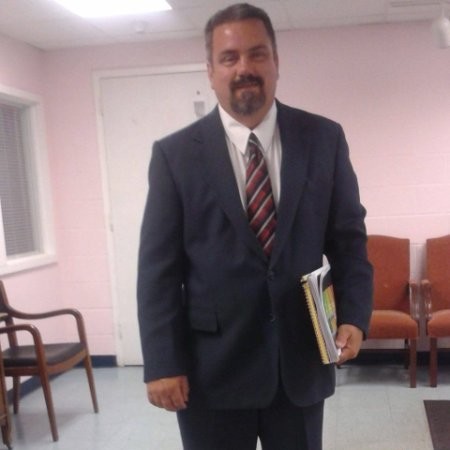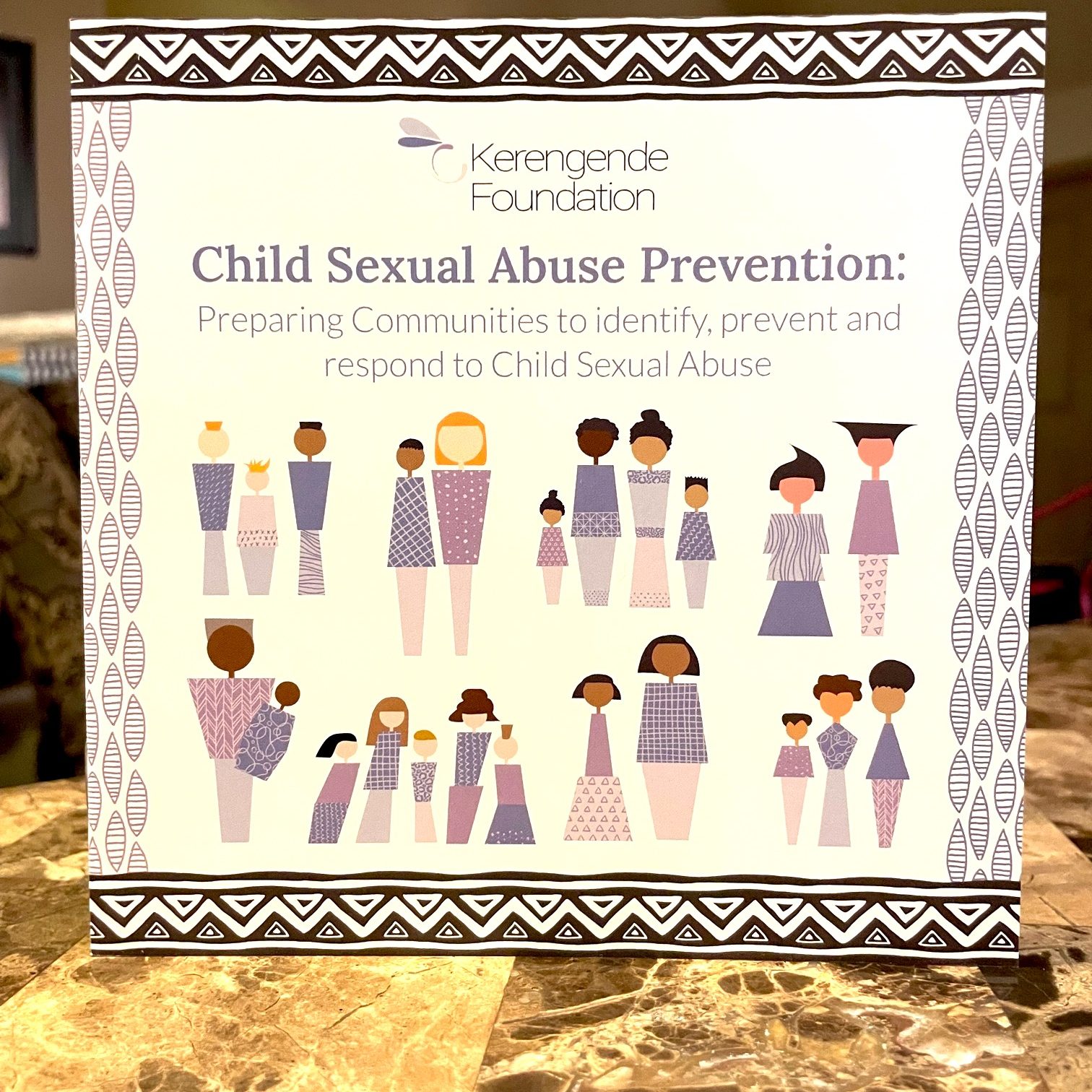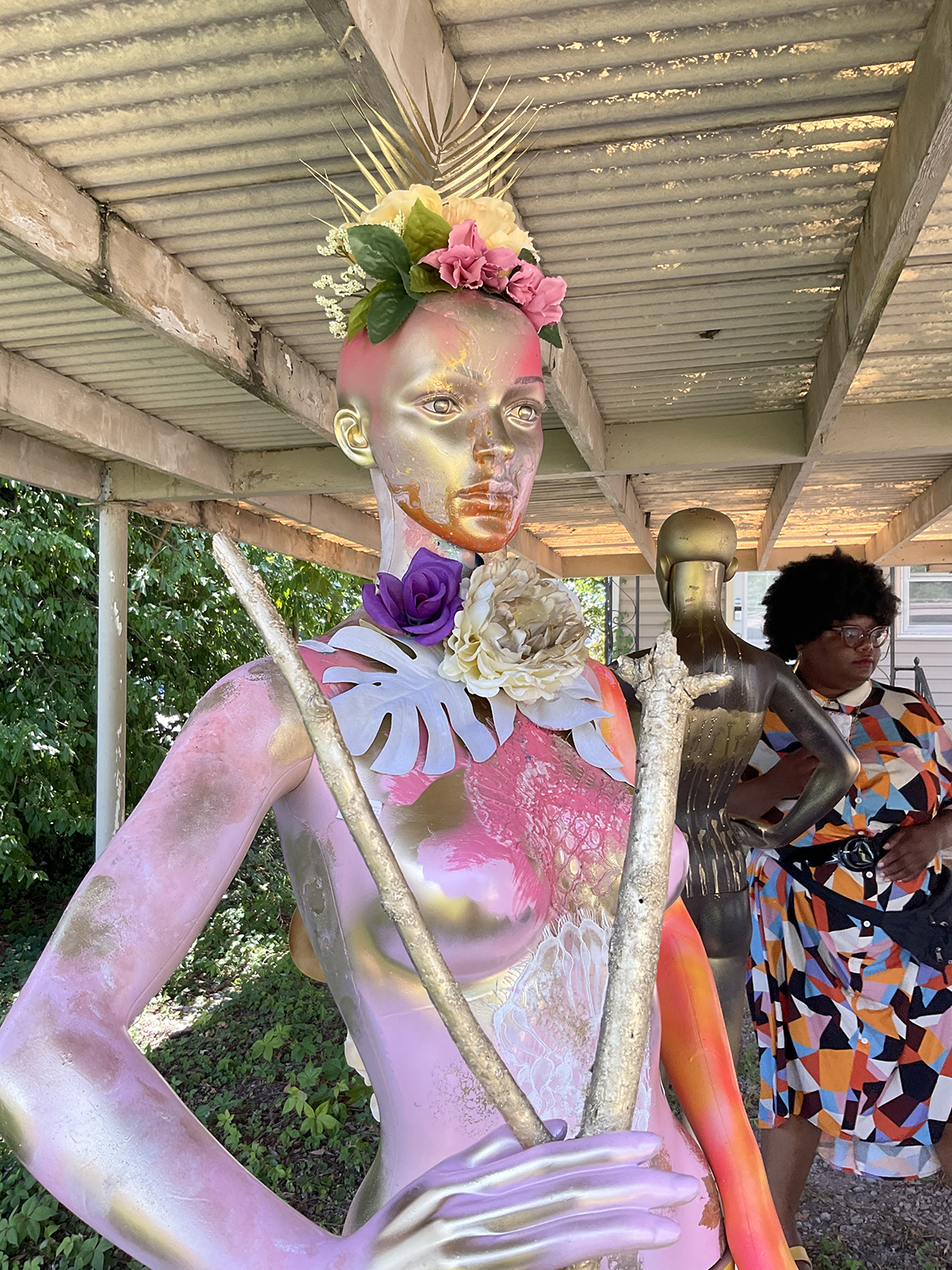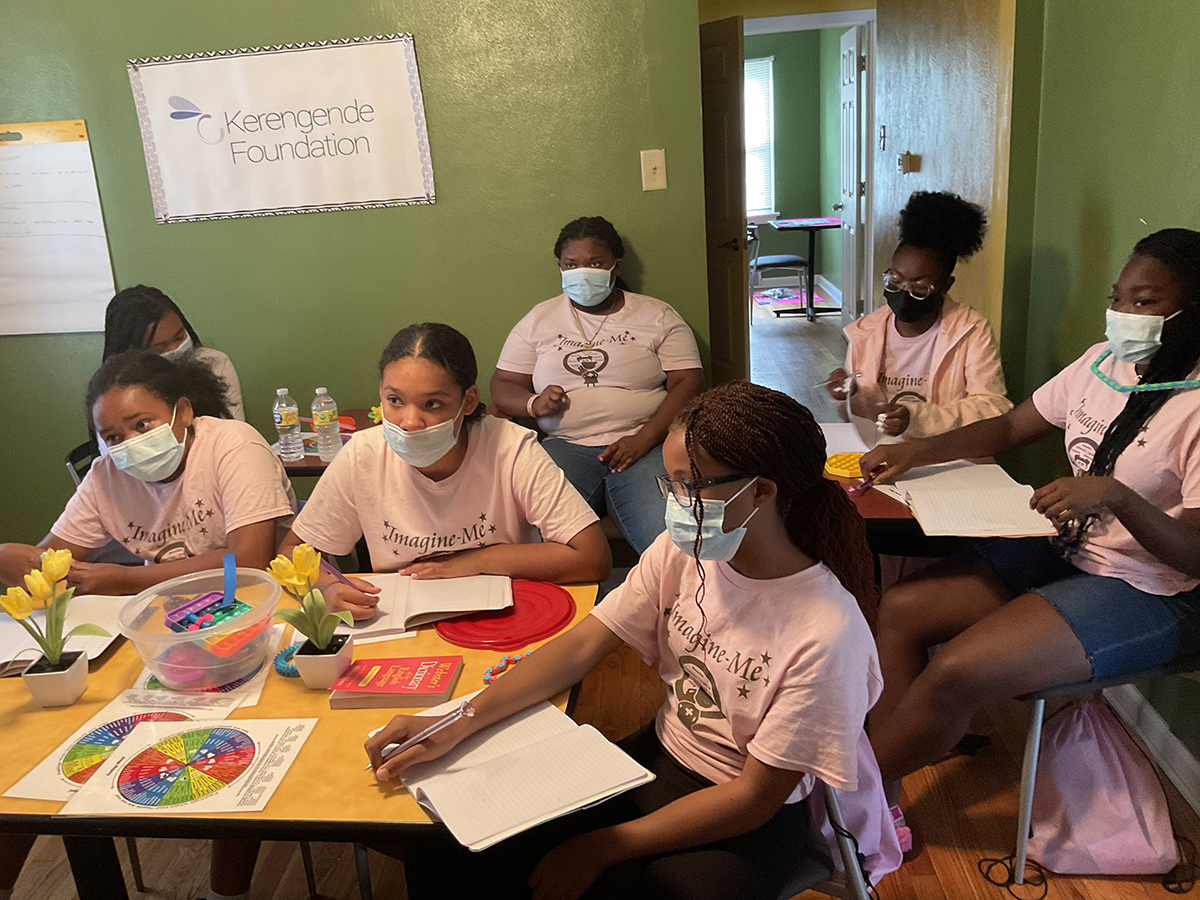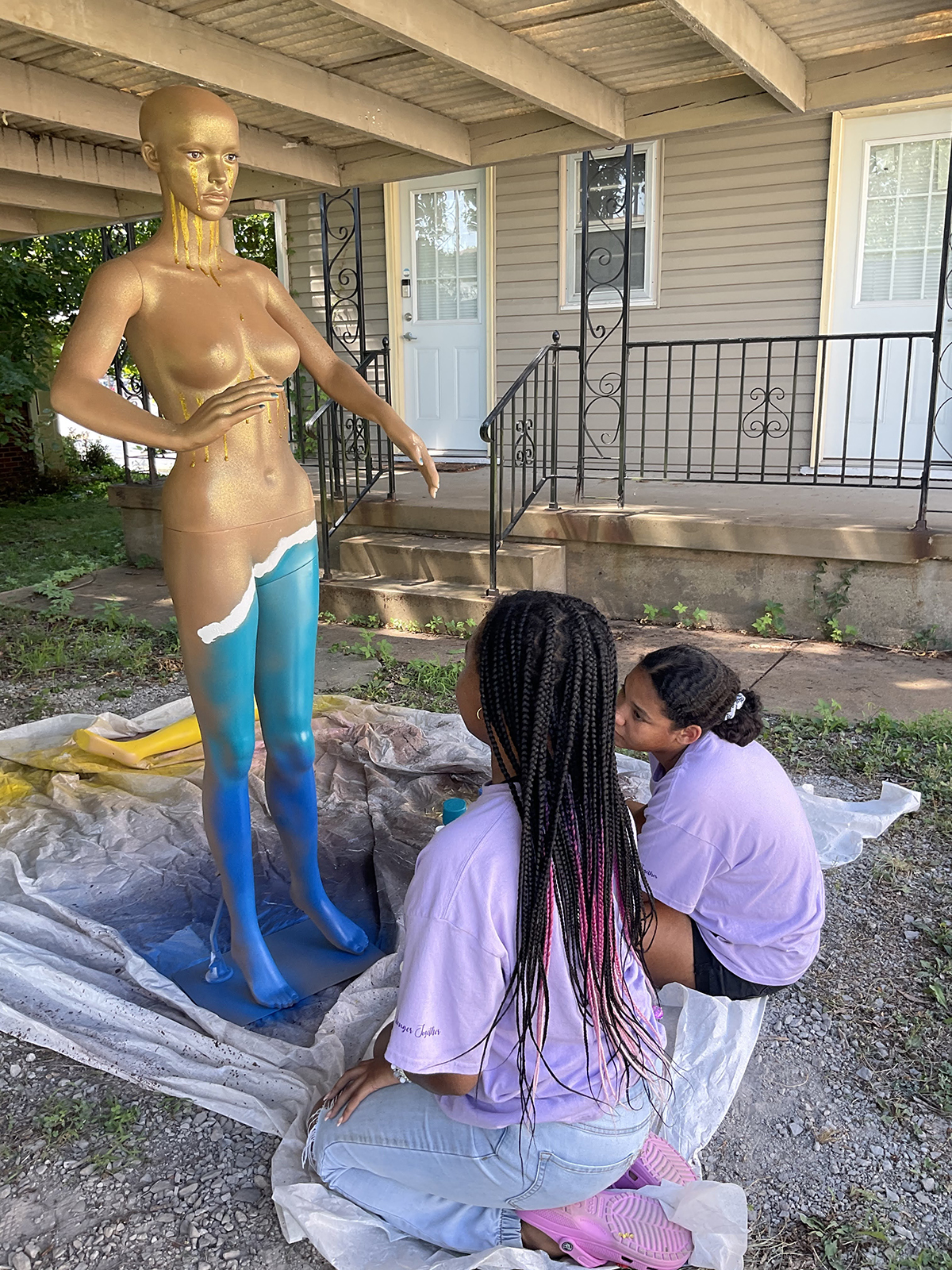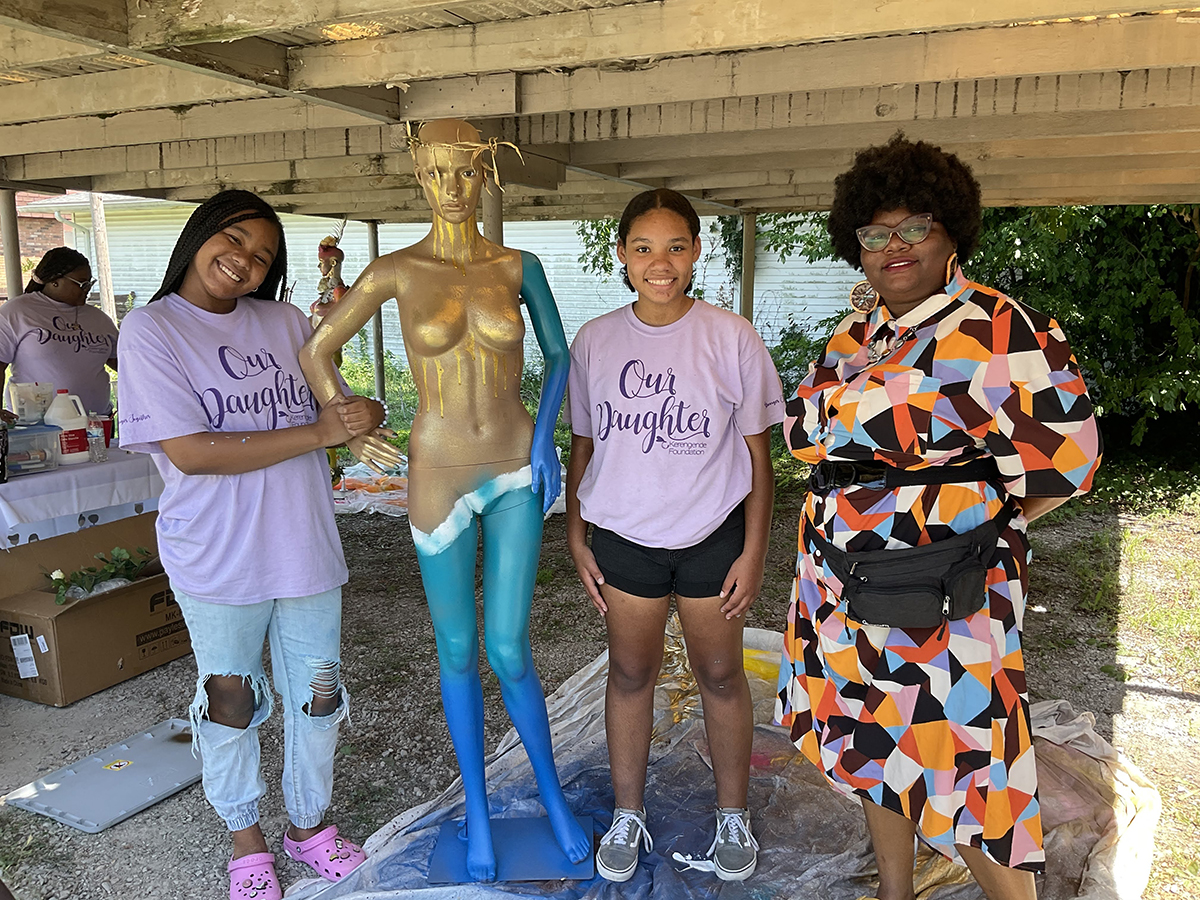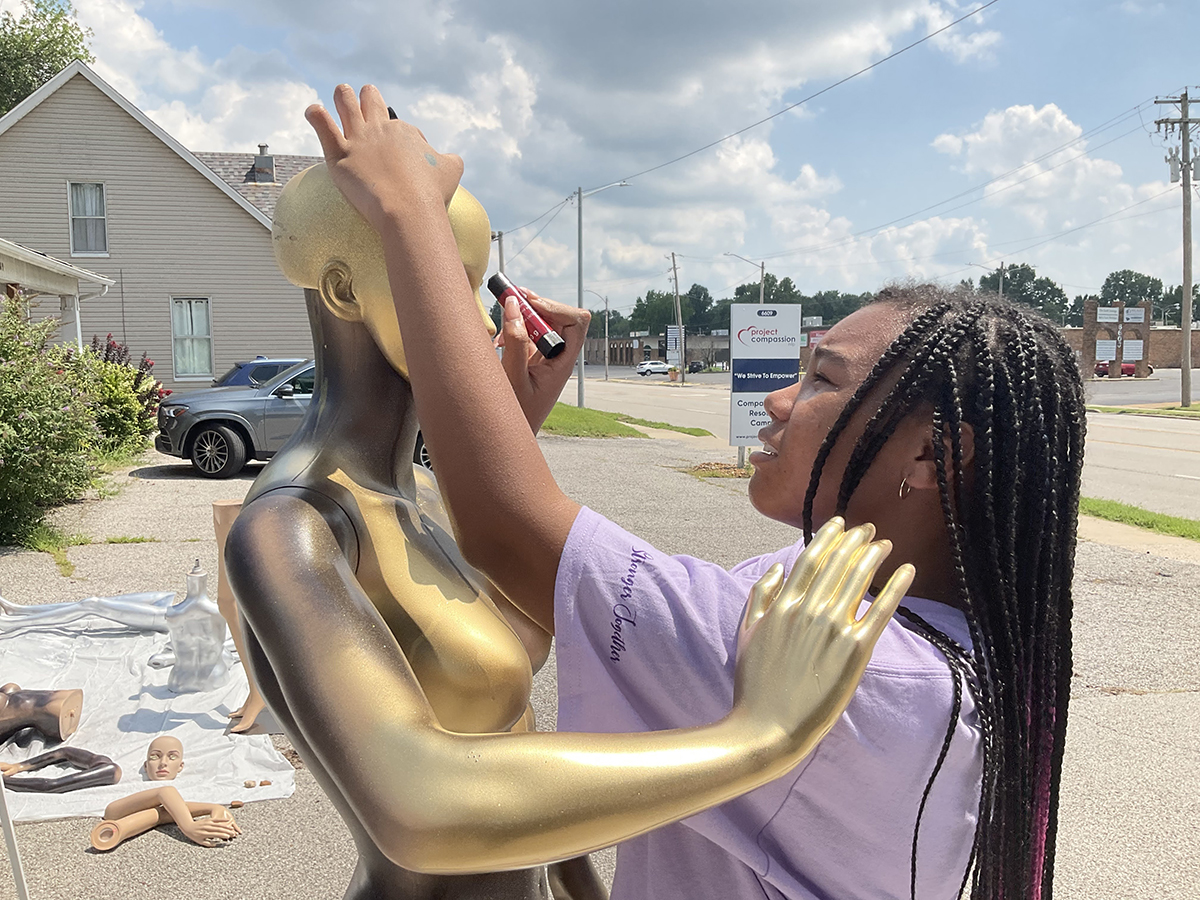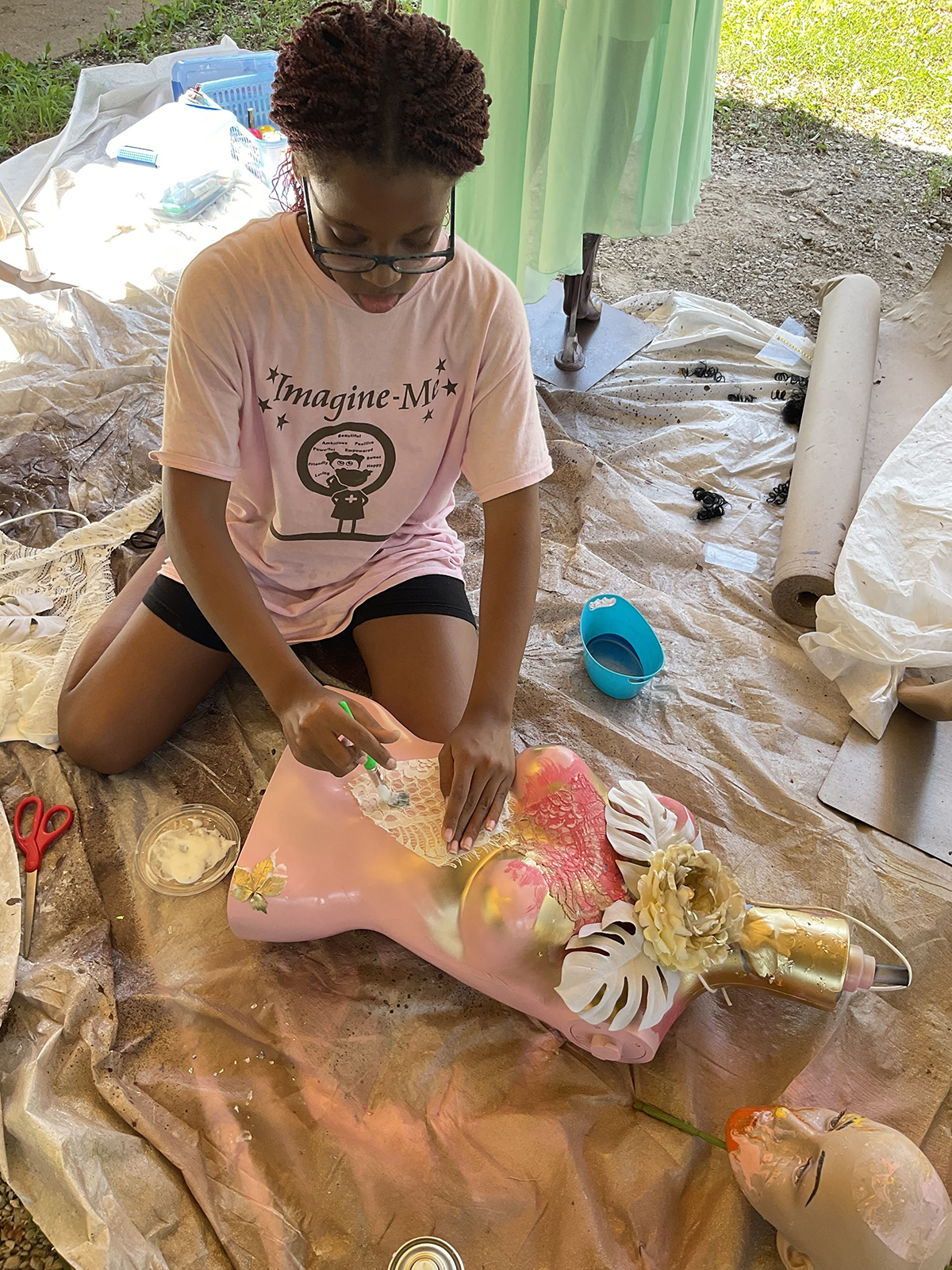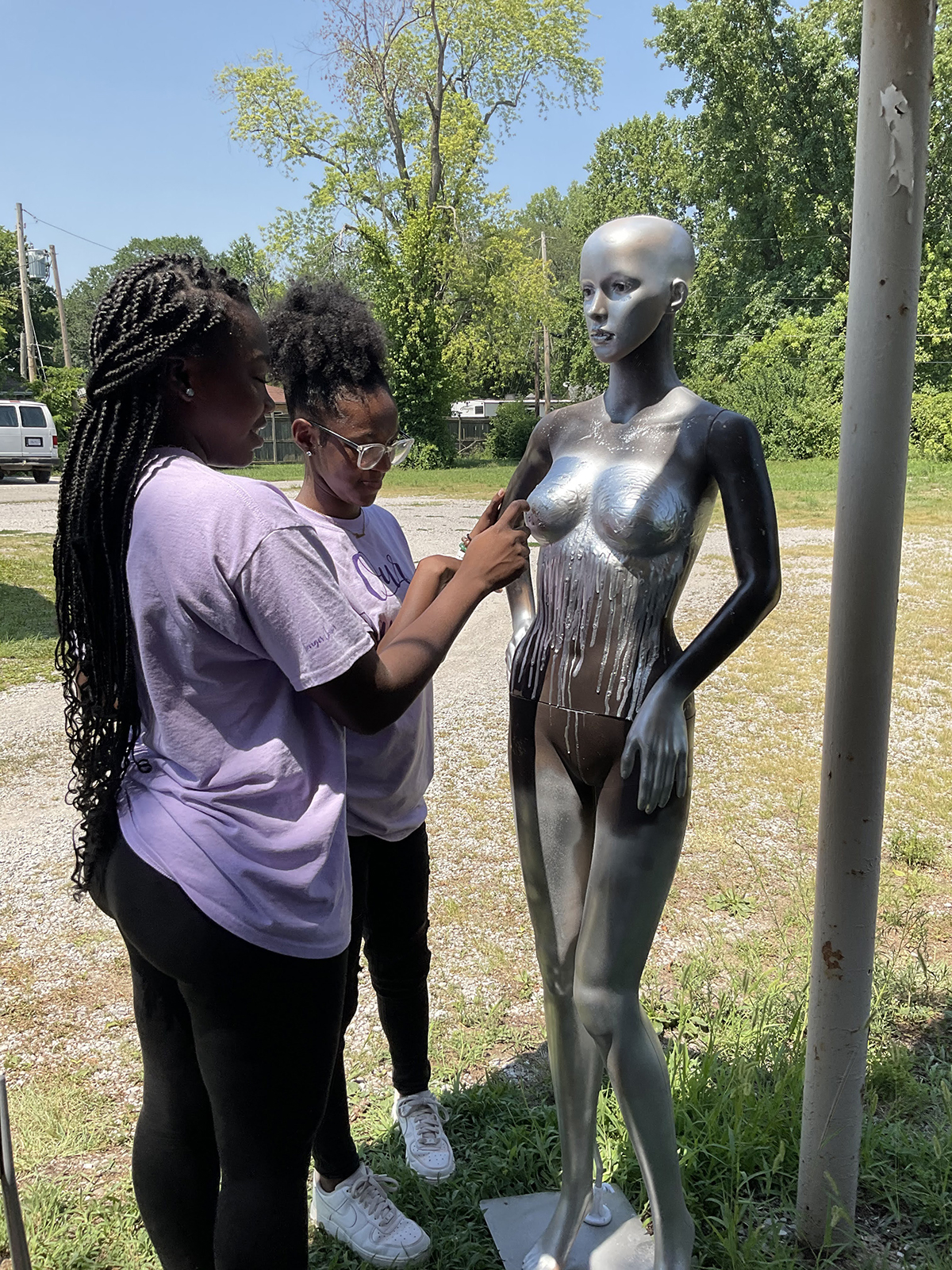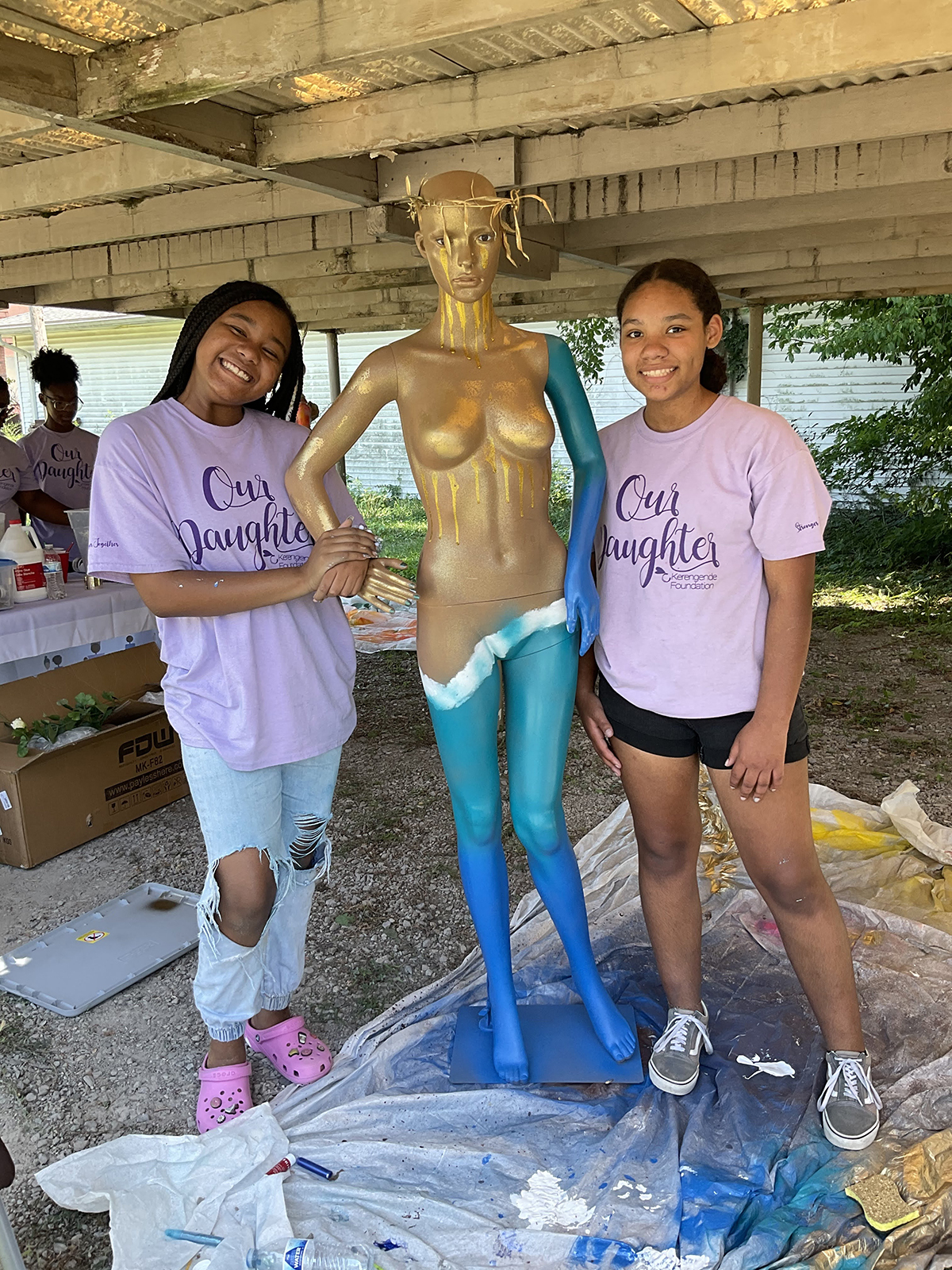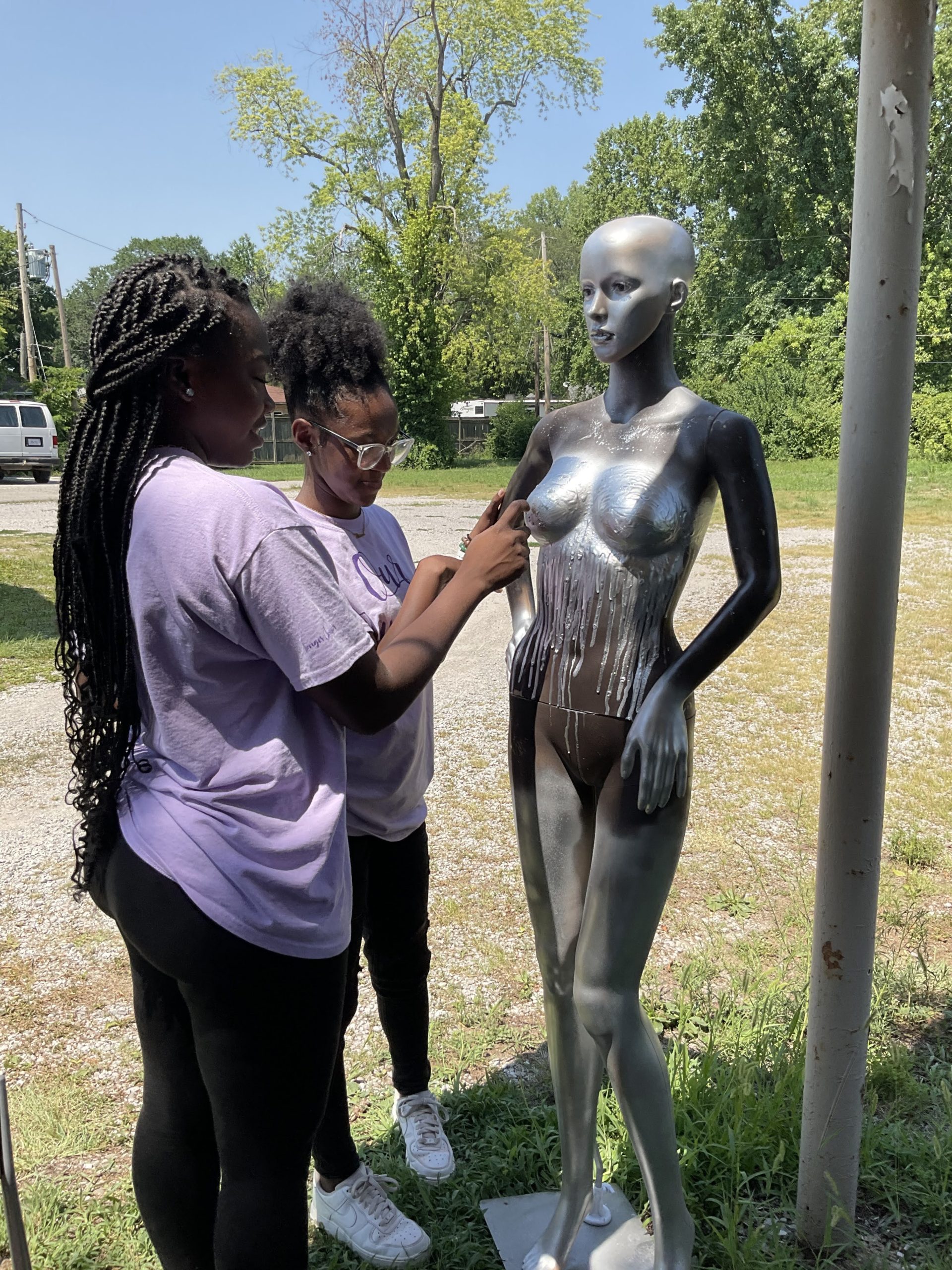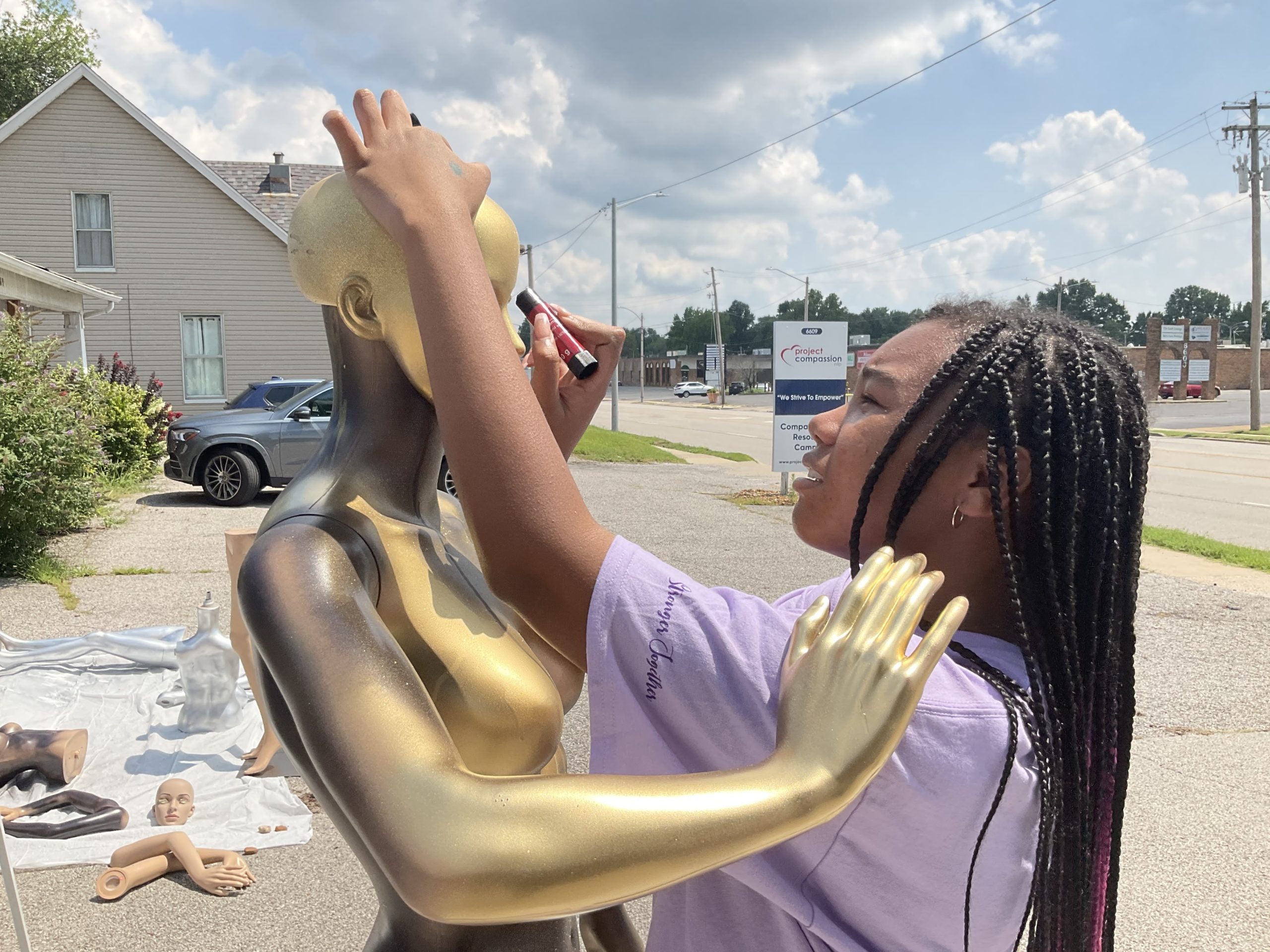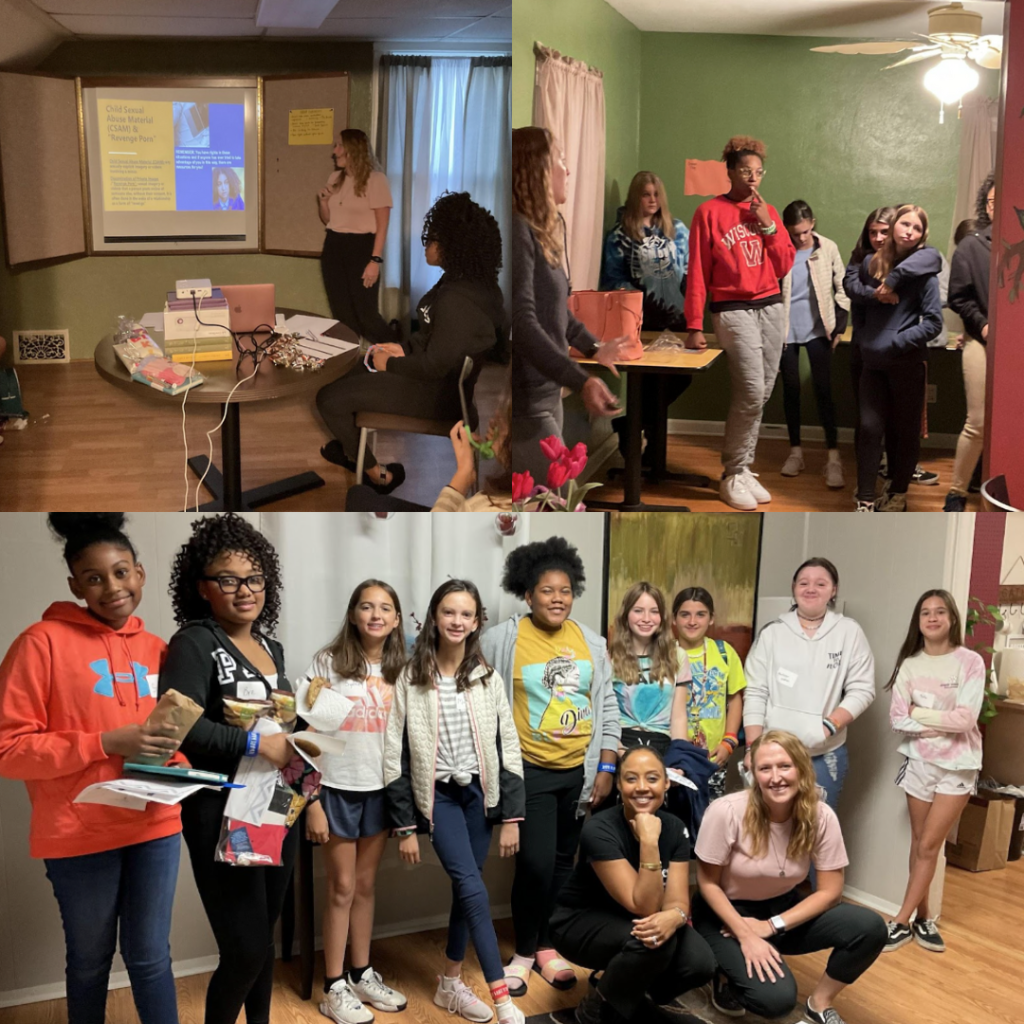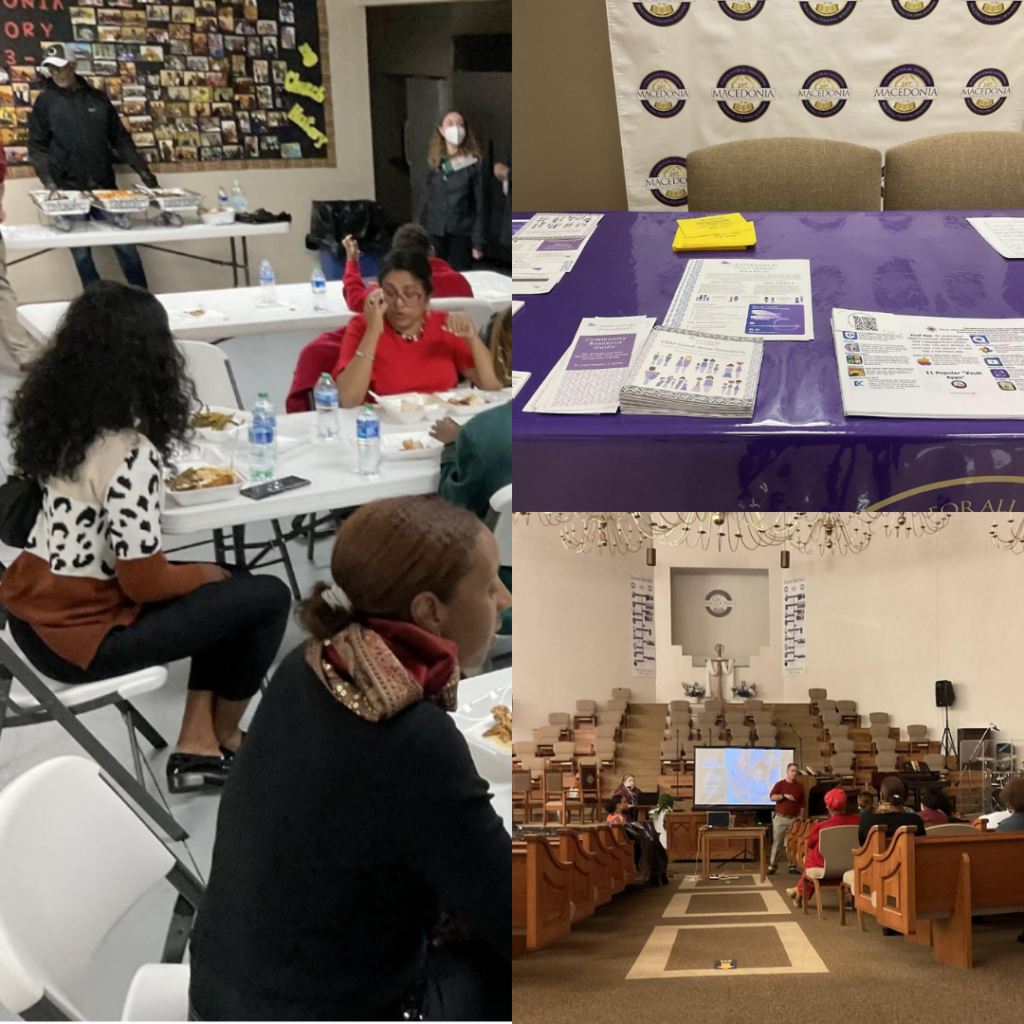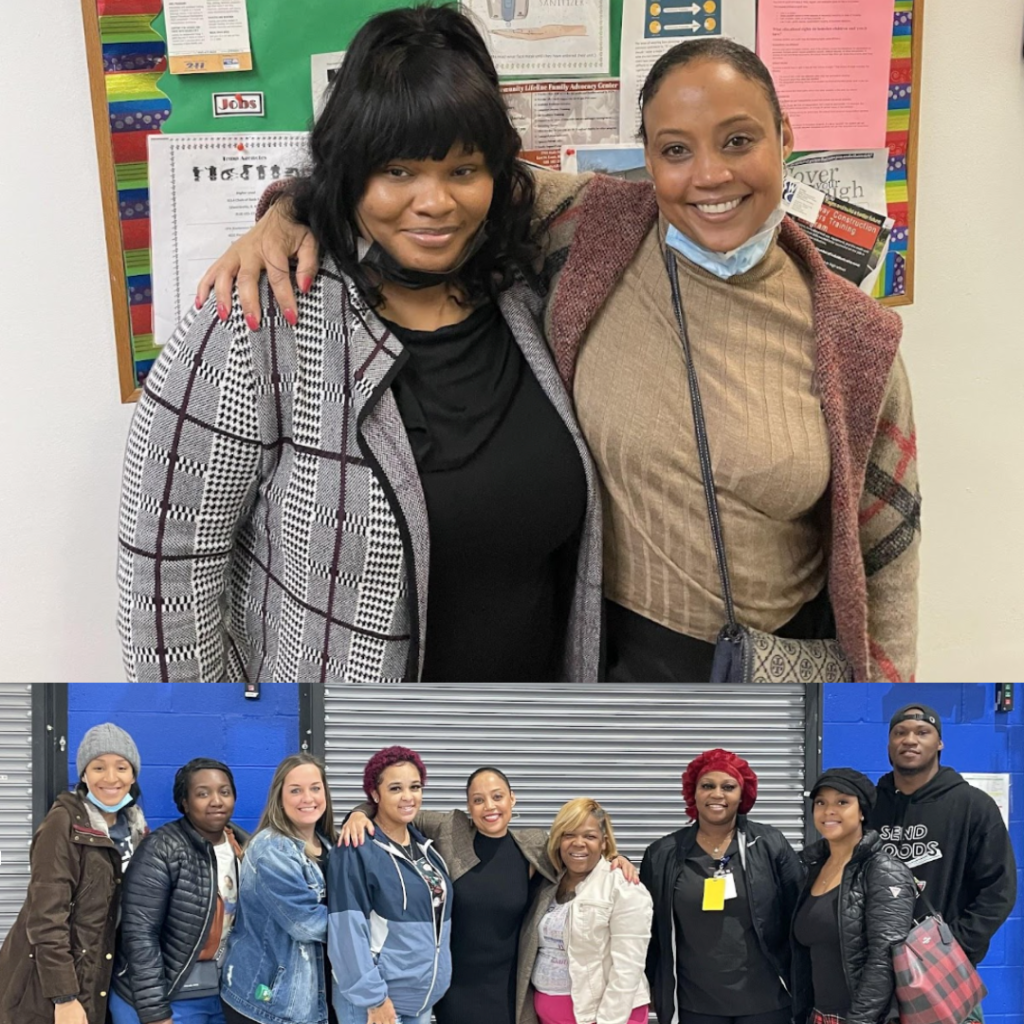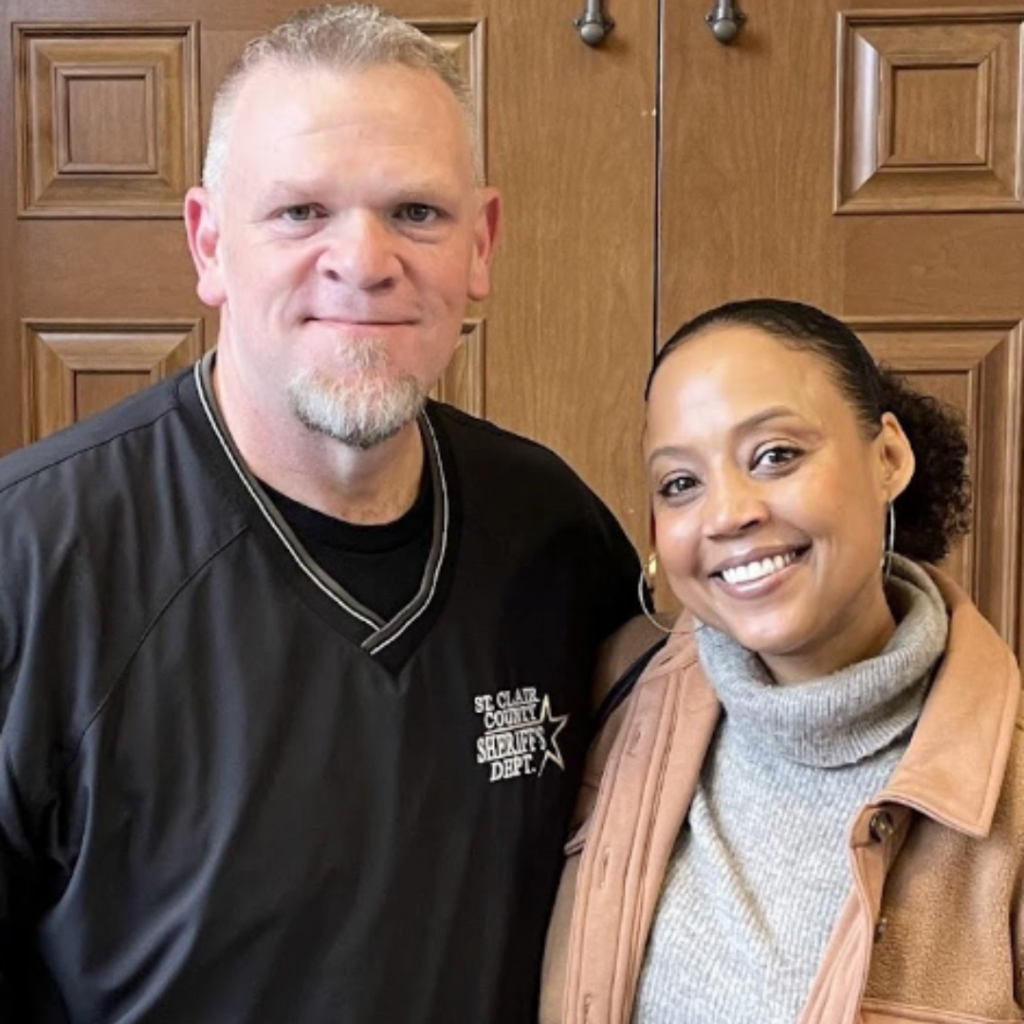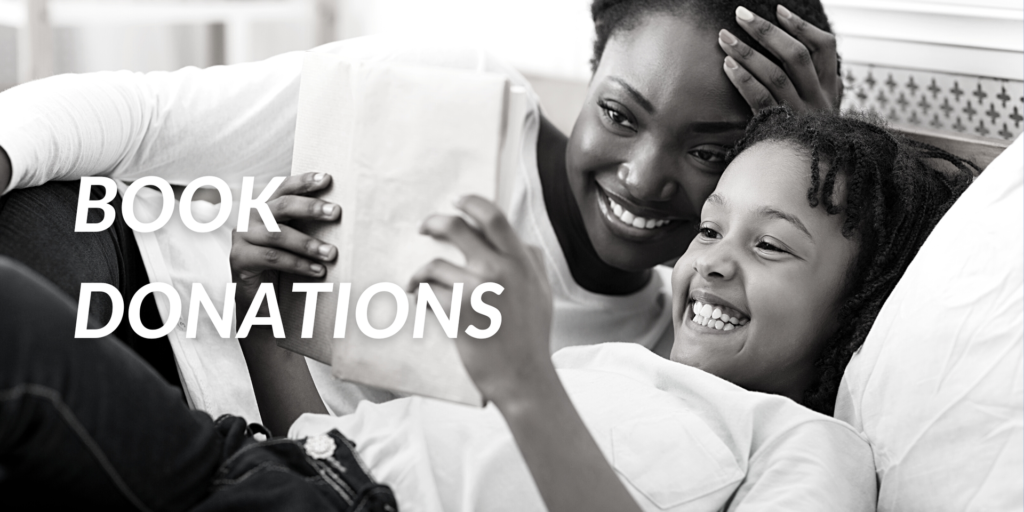“Your silence will not protect you.”
Audre Lorde
One in four girls experience sexual trauma, and it’s time that we all step up to prevent this and support families in recovery. Here are four ways to help.
Stop comparing and start empathizing.
If we accept that one in four girls in our communities are abused, then it stands to reason that we all know families and girls who are grappling with this issue and its aftermath.
If there’s one thing that I’ve learned in my journey, it’s that when it comes to sexual abuse, my silence will not protect me, your silence will not protect you, and our silence will not protect our girls.
I never imagined sexual abuse would hit so close to home. And then, I was a mom struggling to help her daughter recover from sexual trauma. On my journey, I felt isolated. I felt that nobody in my life could understand what I was going through. Luckily, while attending parent workshops and school events over the years, I’ve met families and young girls facing similar challenges. When I look back, one incident stands out because it helped me realize why I felt so isolated and lonely. My daughter was 14 at the time, and I felt vulnerable and scared. This particular workshop was designed to help parents understand where our girls were, developmentally, in order to prepare us for their return home and ways to hold boundaries with them. We shared stories, ate lunch together, and exchanged phone numbers.
I felt relief. Finally, there was a safe space for me to share my fears for my daughter. I risked sharing: “My daughter has been dangerously promiscuous since the abuse, and I’m scared as hell.” The facilitator discussed trauma, specifically how girls who are abused can often respond in this way. He also acknowledged my fear and feelings. Most of the parents were warm and compassionate as they handed me tissues for my tears and consoled me with their hugs. I was hurt all over again when another parent shared her experience and seemingly compared her daughter to mine. In so many words, she basically said, “Thank God our issue has nothing to do with sex…” She then proceeded to share her daughter’s struggles. Her comment appeared to be a direct response to my vulnerability. Sharing made her feel better that her daughter had problems but not SEX problems. It made me want to go hide again. After all, for months, I had been hiding this traumatic experience as well as my daughter’s dangerous response to her trauma. This parent gave voice to what I always felt from other parents. I always felt as though they were saying, “At least our problems aren’t as bad as yours…At least our daughter isn’t having sex…We don’t want our daughter around yours.”
It’s a natural human tendency to get relief from suffering by comparing ourselves to others who may have more challenging life experiences; however, this impulse to compare can create harm. Parents like me who have children whose behavior is stigmatized and stereotyped are suddenly faced with supporting their child(ren) in isolation from their communities. Girls who are promiscuous or overtly curious about sex are often labeled as “bad girls” or “fast.” They are often the target of abuse and name-calling by their peers when they should receive concern and care. They are whispered about by parents and adults in their community when they should instead be receiving care. The direct result is our girls feeling ostracized with nowhere to go and ultimately, the potential perpetuation of abuse.
Take the radical stance that all girls deserve to be loved and protected.
How going beyond “our business and your business” is crucial for the safety of our girls.
I founded the Kerengende Foundation because I believe all girls deserve to be loved and protected, especially the ones acting “fast” and wearing too much make-up. I believe that our girls would experience less harm if we adults had the courage to care and act in support of our girls’ wellbeing.
I believe that there could be a radical change in the statistics of sexual abuse if we shifted into the mindset of caring for all of our girls. For example, if we observe a girl in our circle acting out of character, or if our child comes home after a sleepover telling us of an alarming behavior or story from one of their friends, we should respect our parental intuition and explore a safe way to address these experiences. While it may be your first inclination to stop at only protecting your own child, I implore you to go further. Certainly, in some instances, gossip is just gossip and schoolyard drama, but in other cases, teenage gossip can signal that a young girl may be in a dangerous situation.
Step up and speak out.
Your voice could mean the difference between years of harm and hope for healing.
While I acknowledge the difficulty of broaching these types of conversations with a girl’s parents, there are times when it’s imperative that we do so. Some parents may treat you like you’re peddling gossip. They may dismiss your concerns as “nothing to be worried about.” They might even say, “This is none of your business.” Oftentimes, we shy away from confronting concerning behaviors because we don’t want to damage the relationship we have with another family. While all of the previously mentioned scenarios are possible, what is the risk to the child if the behavior or situation is not addressed?
My 12-year-old daughter disclosed her abuse to her 12-year-old friend (we’ll call her “Ashley”) during a sleepover at my house. My daughter had been groomed to believe that the abuse was “just sex” and that she and her abuser were in a secret relationship. She told “Ashley” that she was having sex with this 37-year-old man and not to tell anyone. Ashley told her mom that my daughter was having sex. Suddenly, Ashley stopped coming over. Her mother did not speak to me at the dance recitals or ever again for that matter. Ashley just kept telling my daughter that she couldn’t come over for one reason or another. Five months later, my daughter opened up to me about the abuse. When she was interviewed by the police, they asked her if she had told any of her friends about the abuse. She said “yes,” and Ashley was JUST ONE OF THEM. Come to find out, Ashley told her mom about the sex but not his age. Another girl from church told her parents about the abuse, and they just told her to stay away from my daughter because “she’s trouble.” Not one parent called and alerted me to what my daughter was telling their girls. They just isolated our family. The abuse went on for 6 months and my daughter was crying out for help in the best way her 12-year-old mind knew how: by talking to her friends about it.
As I study sexual abuse, predators, pedophiles, and ways we as a community can prevent such harm done to our girls, I’ve realized that police don’t protect our kids from sexual abuse. We do. As adults, we are tasked with protecting children — all children, not just our own. Pedophiles get to thrive in the silence that results from our children’s most traumatic experiences being swept under the rug. My daughter’s disclosures to her friends should have been taken seriously. In a culture of “not my business, not my problem,” girls exhibiting troubling behaviors are just slut-shamed and ostracized. I challenge all of us to reconsider what it means to be a part of a community and view the children within it as our collective responsibility. Child molesters count on the fact that we either won’t believe or address reported child sexual abuse. I am by no means blaming the abuse of my daughter on the silence of some members of my community, but I am saying they potentially could have stopped it sooner.
Recently a friend contacted me to ask what they should do in a situation where one of her daughter’s friends was asking boys to send her “dick pics.” My friend said, “the moms were talking about it at a soccer game.” My first question was, “Has anyone talked to her parents?” Parents gossiping about questionable behavior does nothing to change it and actually makes things worse. Many young people have used today’s social media platforms as a way to explore their budding sexuality. Sending pictures, “sexting,” and snap-chatting “dick pics” have become the concern of the modern-day parent. Middle schoolers typically don’t know that they can be charged with the distribution of pornography for these seemingly victimless crimes. They also don’t think ahead to the possibility that their pictures can end up going viral on the internet although the person they sent it to promised to delete them. As community members, we have to discuss the ramifications of these behaviors with our girls. We have to communicate with their caregivers in a supportive, non-judgmental way. The objective is to protect the child from harm.
Here’s my advice to parents and caregivers who have heard about dangerous behaviors of a girl in their community:
Summary:
- COMMIT. Commit yourself to making sure the girl is safe before you choose NOT to address the situation.
- GATHER DATA. Ask your daughter questions. Lots of them! You would be surprised how well a 12-year-old can keep a secret or omit information that she believes will get HER in trouble. Explain that your intention is about safety and that her telling the truth to you is for creating more safety. Explaining why the behavior is concerning will help your girl understand why you feel so compelled to get to the bottom of the situation. For example, “If Jenny is talking to men online, these men may have bad intentions for her. Girls have been harmed when meeting up with strangers they met online. I just want to keep her safe.”
- CONSIDER STEPS. Think about your relationship with the family involved and decide if you feel comfortable having the conversation yourself, or if you would prefer to enlist the help of a teacher, school administrator, or a leader in your faith community to help address the behavior.
- BE WARM. Keep in contact with the girl. Don’t isolate her! Children can feel the glares of disapproving adults. Children in our communities need to be loved through their worst moments just like we do! They can’t grow and heal from what is not addressed.
It’s Up to Us
Addressing dangerous behaviors in a supportive way is a reminder to the parents and children in a community that we are in this together. Reaching out to a parent or caregiver as an act of love can prevent a girl from experiencing potential harm. Your difficult conversation may also reveal ongoing abuse to an unknowing parent. You can potentially change the negative trajectory of a girl’s life. Our girls are counting on us to pay attention. They may not be able to say it or understand it right now, but they are hoping that we love them enough to say something even when it may be uncomfortable to do so.

